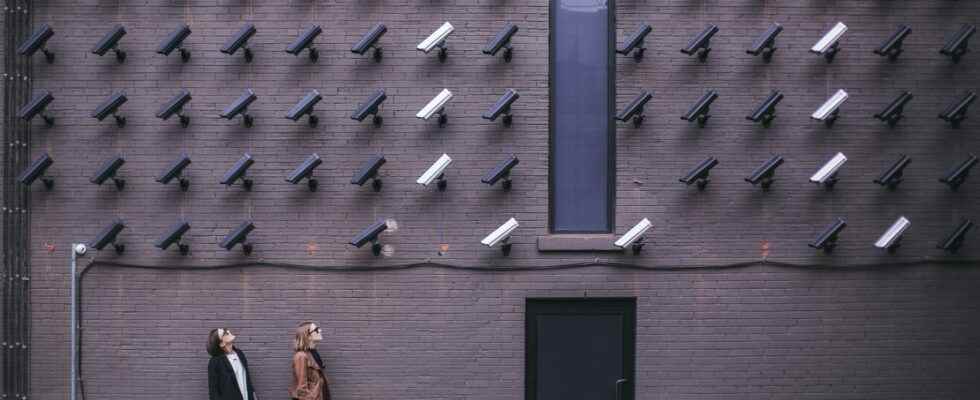How far will we go in the name of security? While the Government will take advantage of the 2024 Olympic Games to experiment with the use of artificial intelligence in the field of video surveillance, the CNIL and associations are concerned…
It’s been a while since video surveillance has entered our daily lives. And if video surveillance systems initially relied on analog devices (cameras, video recorders, etc.) and human operators, they are increasingly using automated digital technologies, which are more efficient but also more worrying. The National Commission for Computing and Liberties (the famous CNIL) had already issued a warning in July 2022 against the deployment of so-called “augmented” cameras, which are increasingly used to monitor public space, pointing out the risk to the privacy of citizens (see our article). And it’s not the bill relating to the 2024 Olympicsintended to create new devices to frame the event and which was voted on January 31, 2023 in the Senate – it must now be approved by the National Assembly –, which will prove him wrong!
Indeed, this bill covers many points, such as the adjustment of the opening of stores on Sundays, the extension of the powers of the prefect of police of Paris to certain departments, the use of body scanners with consent, the carrying out of genetic anti-doping controls, the strengthening of sanctions for violence in stadiums… and the use of artificial intelligence (AI) in the field of video surveillance.
Video surveillance by AI: an experiment set to last
In the bill, article 7 sows the discord by authorizing the installation of experimental devices of automated video surveillance, “which will use artificial intelligence (AI) algorithms capable of detecting situations dangerous to the safety of people, such as crowd movements”, but also abandoned packages, “abnormalities” and suspicious movements. These “intelligent” cameras – also called augmented cameras – analyze the captured images in real time in order to“ensure the security of sporting, recreational or cultural events (…) which, by their scale or their circumstances, are particularly exposed to the risk of acts of terrorism” . We therefore understand that this system will also concern the Rugby World Cup in May 2023 and, above all, will be required to remain permanently.
The Government justifies the use of AI by the too many cameras installed, because “live viewing of all the images captured by video protection cameras is materially impossible” and artificial intelligence would make them “save valuable time”as reported 20 minutes. In reality, it would also be for economic reasons, with the Olympics serving as a true global showcase for camera and software companies. Also, even if the experiment is in theory supposed to end on June 30, 2025, it seems set to last. the Board of state pointed out, moreover, in an opinion published in December, that 11 of the 19 measures of the text presented “a permanent character” and were “designed to apply even outside the period” of the Olympic and Paralympic Games.
Biometric cameras: the risks of political drift
The CNIL shares the opinion of the Council of State and considers that “the deployment, even experimental, of these devices constitutes a turning point which will contribute to defining the general role which will be attributed to these technologies, and more generally to artificial intelligence“. For their part, the associations are on a war footing. “The government is using the Olympics as a pretext to pass measures aimed at accelerating surveillance of the population,” is alarmed The Squaring of the Net. “The bill proposes to experiment with automated video surveillance even though no public evaluation of current video surveillance devices exists (…) nor any scientifically demonstrated utility”, advances the association, citing an rcontribution of the Court of Auditors, according to which “no overall correlation has been found between the existence of video protection devices and the level of crime committed on the public highway, or even the rates of elucidation”.
In a press release published in December, the CNIL asks for guarantees in order to prevent things from getting out of hand and France from ending up resembling the Chinese model and its biometric identification, which notably makes it possible to identify individuals directly in the street – very practical for targeting minorities, the marginalized, the whistleblowers and any other opponent of the regime. Facial recognition, which matches a human face to a digital image using scans and CCTV cameras – and which has already been adopted by eleven countries in the European Union, particularly in a judicial setting – is particularly feared. The digital policeman therefore recommends “the absence of biometric data processing” and of “reconciliation with other files“, which the Senate accepted.

